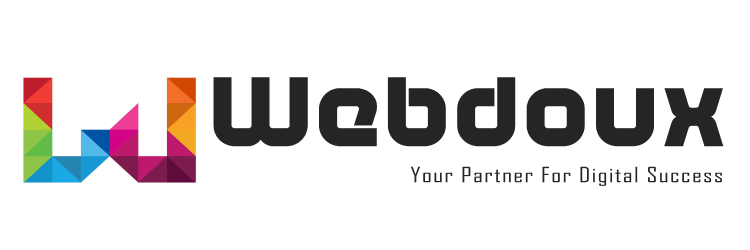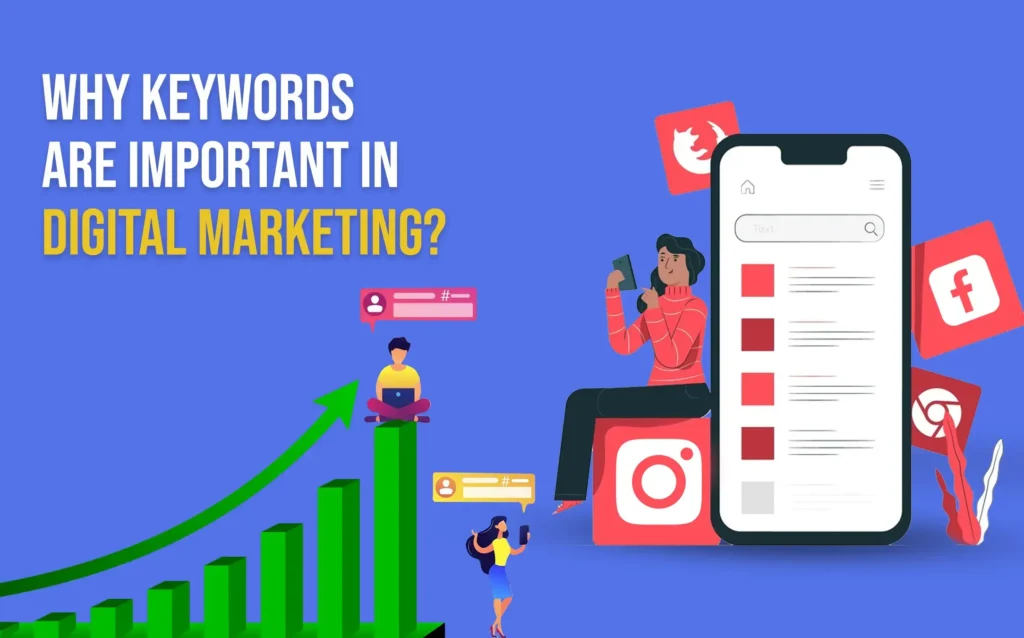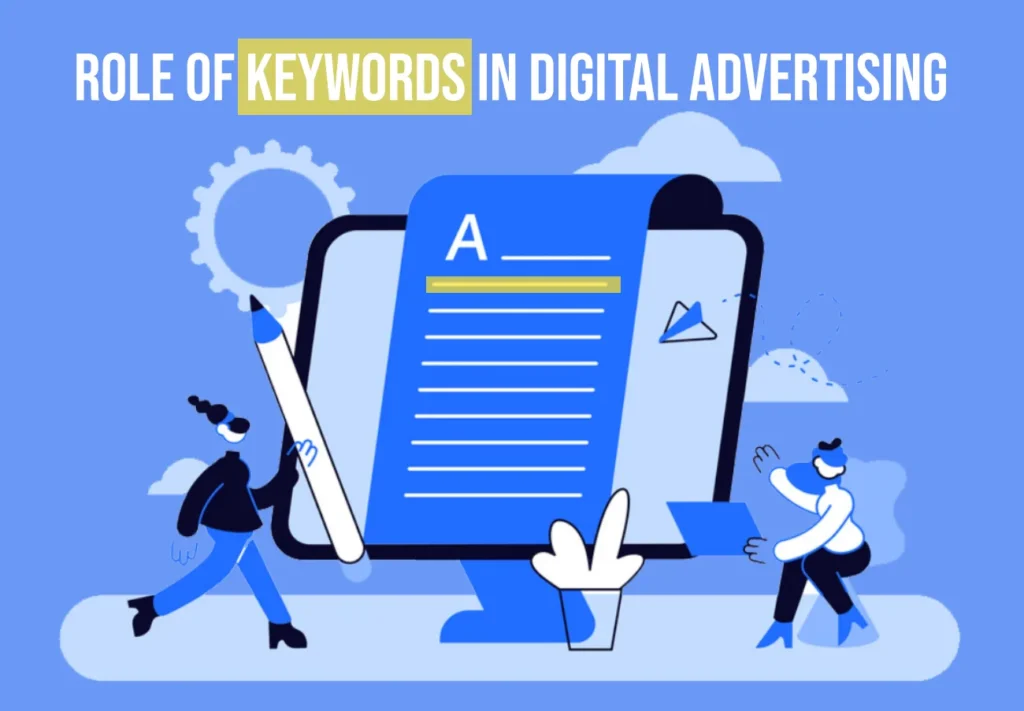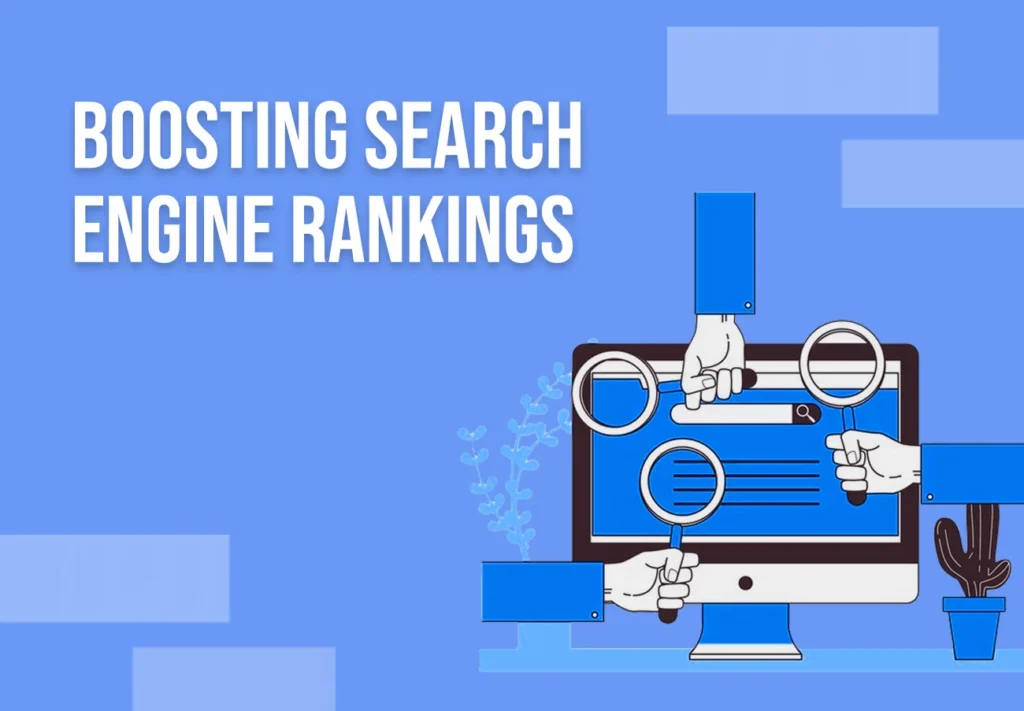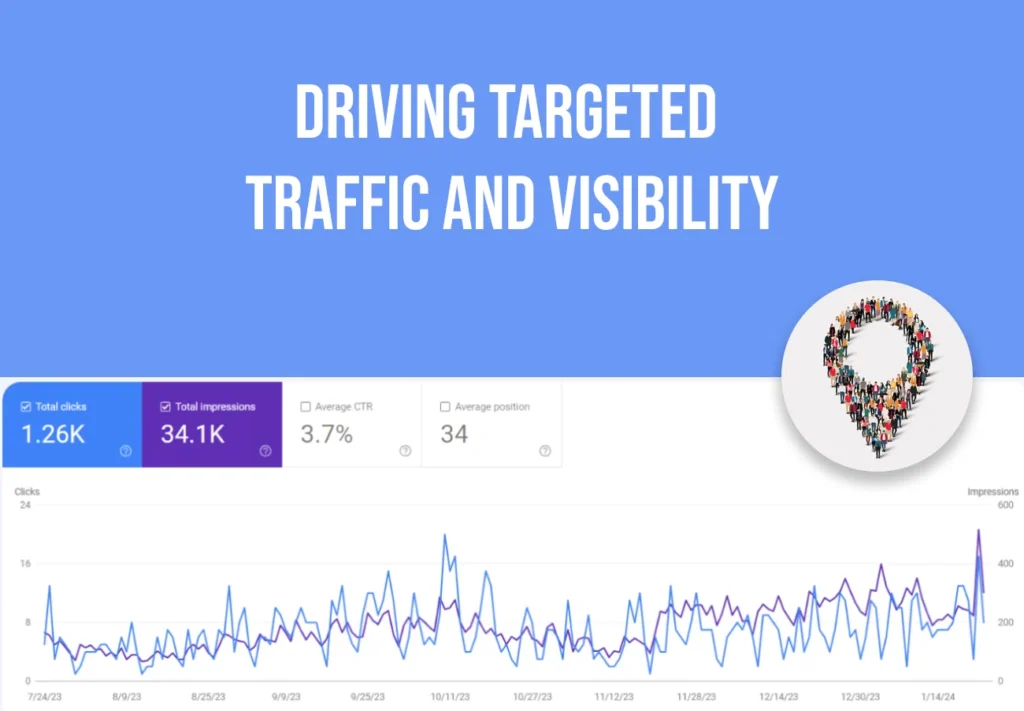
Driving targeted traffic and visibility
One of the key advantages of incorporating keywords is their ability to drive greater amounts of traffic from a targeted audience to a website. For example, for a digital marketing agency in Chennai, the use of strategic keywords will have the potential to attract local clients who are actively searching for digital marketing services in the area. Ultimately, this traffic and visibility increase the opportunity for lead generation and conversion, fuelling the growth of a business.
